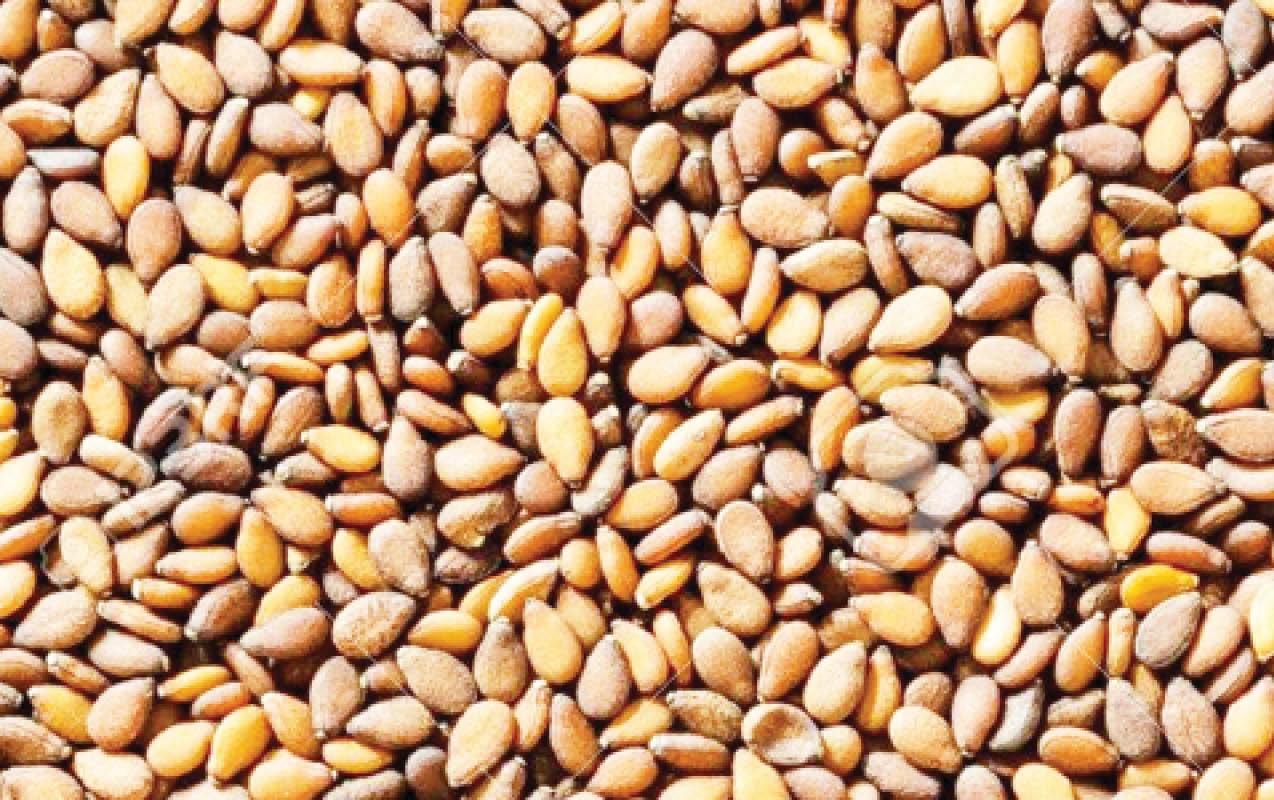Sesame takes lead as Nigeria’s leading non-oil export
Nigeria is the 7th major producer of high quality raw sesame seed worldwide. The characteristics of Nigerian sesame are high oil content, low moisture content and 99 per cent natural. Sesame production has been on the increase in the country and now takes the lead as the highest non-oil export from Nigeria, as cocoa lost […]

Sesame
Nigeria is the 7th major producer of high quality raw sesame seed worldwide. The characteristics of Nigerian sesame are high oil content, low moisture content and 99 per cent natural.
Sesame production has been on the increase in the country and now takes the lead as the highest non-oil export from Nigeria, as cocoa lost it first position.
The national president of the National Sesame Seed Association of Nigeria, Mr Sherrif Balogun, said, “Export of the Nigerian sesame is doing very well; it is always increasing. And I can tell you right now that sesame seed is the highest non-oil export from Nigeria. Cocoa used to be number one. Sesame seed is now number one; it tells you that we are doing well. The figure increases every quarter. In the last quarter released by the Nigerian Bureau of Statistics, it was number one in terms of non-oil export assets.
“Nigeria used to produce about 40,000 metric tons in the early 1980s, and as soon as the association was put in place, we tried and worked hard to wrap up the production to where we are today, which is about 500, 000 metric tons. That’s a very big jump from where we were. With the increase in demand for sesame seed, we are taking sesame seed to new areas and new states where there has not been production.”
With 10 states currently in production of sesame in Nigeria, there has been new establishment of sesame plants in new states, including the South and East
Balogun added, “We have taken sesame to Ebonyi, Edo, Cross River and Abia states. These states were not known as sesame producers. The reason we did so was to ensure that we increased the quantity grown in Nigeria and give opportunity to farmers to be able to benefit from the sesame business.”
He said the federal government had taken interest in increasing crop produce as a major asset to increase the value chain, adding that the effort had shown significantly in the sesame sector, where production has increased to about 500,000 tons per annum in the last quota, although the sector is yet to benefit from the Central Bank of Nigeria (CBN’s) Anchor Borrowers Programme.
“We have not taken part in the programme, but hopefully, this year we are hoping to participate. We have written an expression of interest to the CBN and we hope it would be approved,” he said.
He said sesame farmers were not exempted in the ongoing challenge of insecurity.
